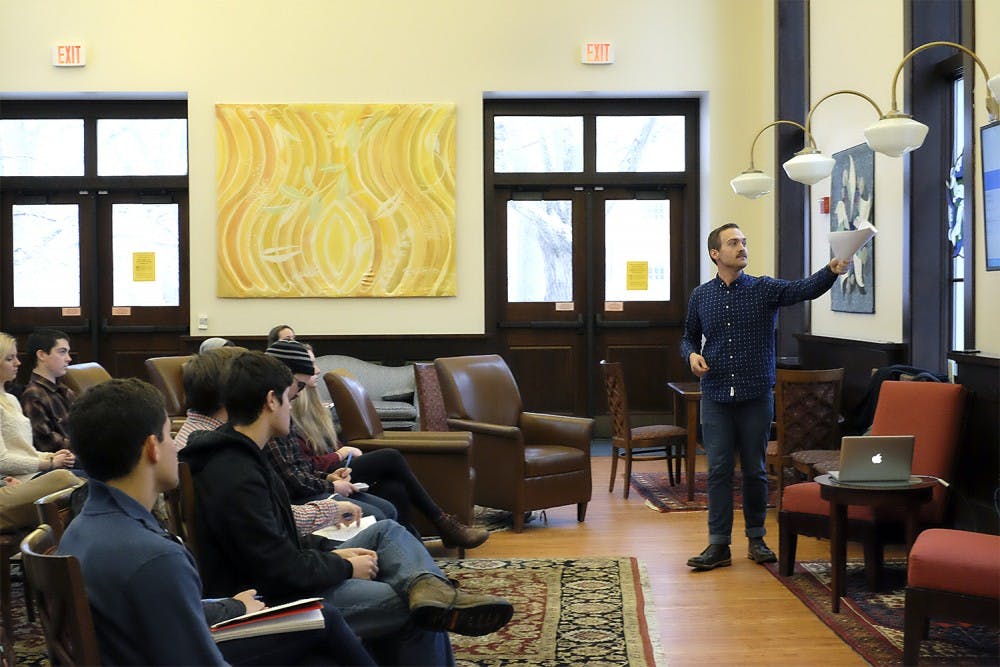“I think it’s important that someone have the responsibility to focus full time on how we can reduce our greenhouse gas emissions,” said Cindy Shea, director of UNC’s Sustainability Office.
The first two greenhouse gas specialists left UNC to pursue other job offers. The specialist is responsible for contributing to the University’s sustainability report and recording data on greenhouse gas emissions.
“UNC is like a really big aircraft carrier, and you have to turn it slowly,” said Senter, the current greenhouse gas specialist. “A big challenge is coming in and expecting things to move more quickly than they do. UNC is 20 million-some-odd feet of building space. It’s no small feat to try to navigate and implement new policies here.”
When the first specialist, Daniel Arneman, was hired in 2008, he faced the task of conducting UNC’s first carbon inventory to determine baseline greenhouse gas emissions.
“What I tried to bring to the position was a data-driven approach to these climate issues — a sense of whether or not you believe this process is happening, here’s how we’ll measure it,” Arneman said. “When we put numbers on it, we don’t have to argue about exactly what’s happening anymore, but can just focus on making it better.”
When Senter took over the job in September 2014, he said the position had been vacant for nearly a year.
“I hope that our current (greenhouse gas) emissions specialist will be able to manage the effort to update our climate action plan,” Shea said. “There are many different areas we could pursue and we need to have a comprehensive look at how to reduce our emissions.”
One of Senter’s primary goals is reassessing the climate action plan and implementing energy conservation measures, including updating the campus vehicle fleet, revising UNC’s business travel policies and installing solar photovoltaic panels in buildings on campus.



